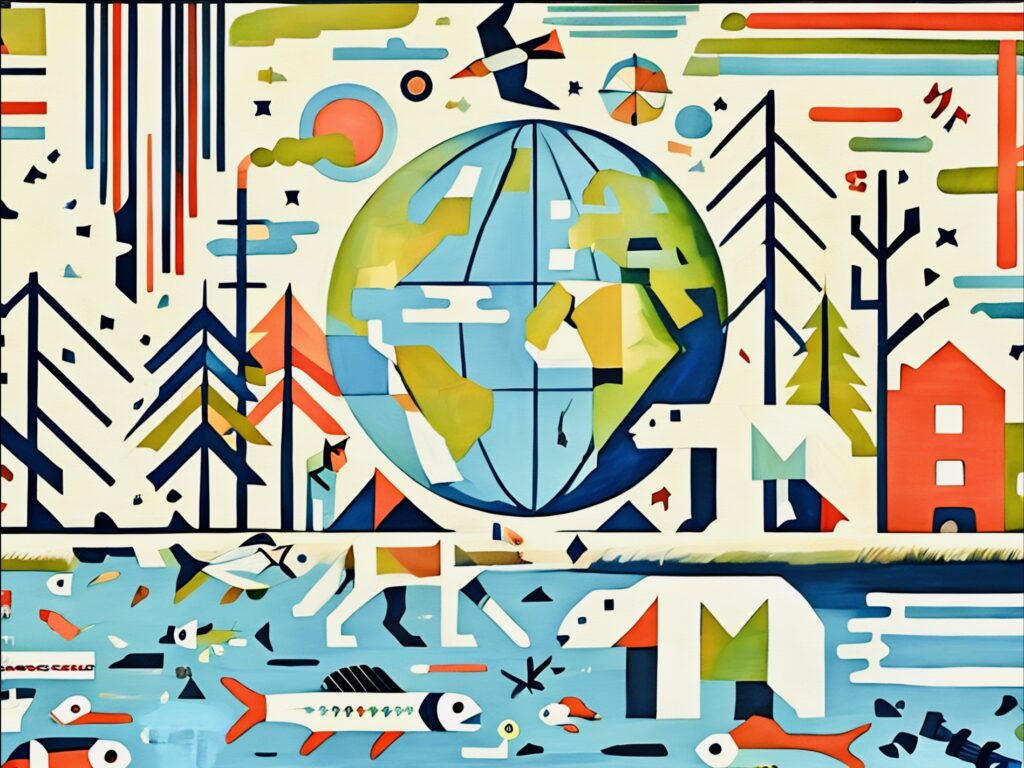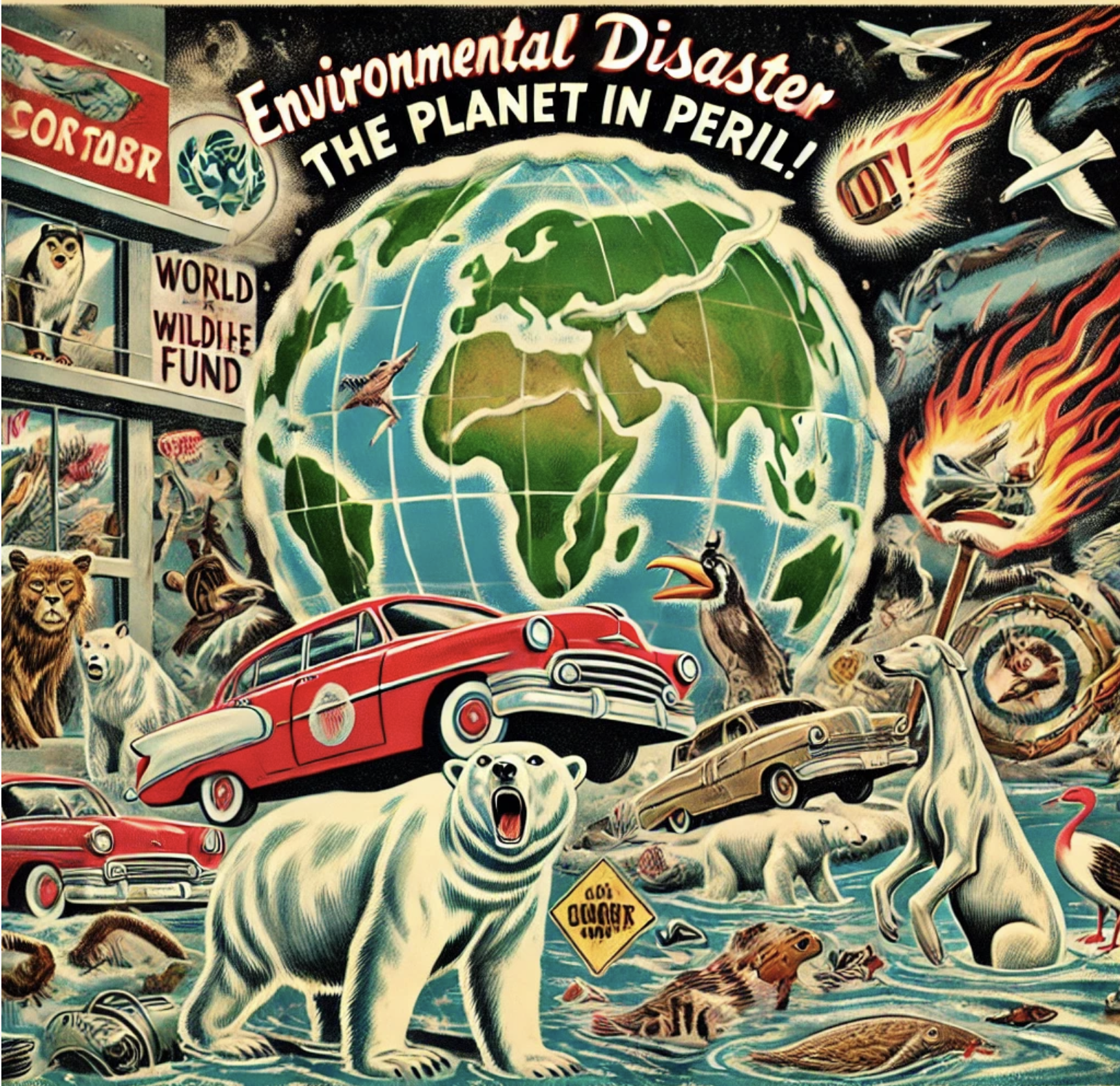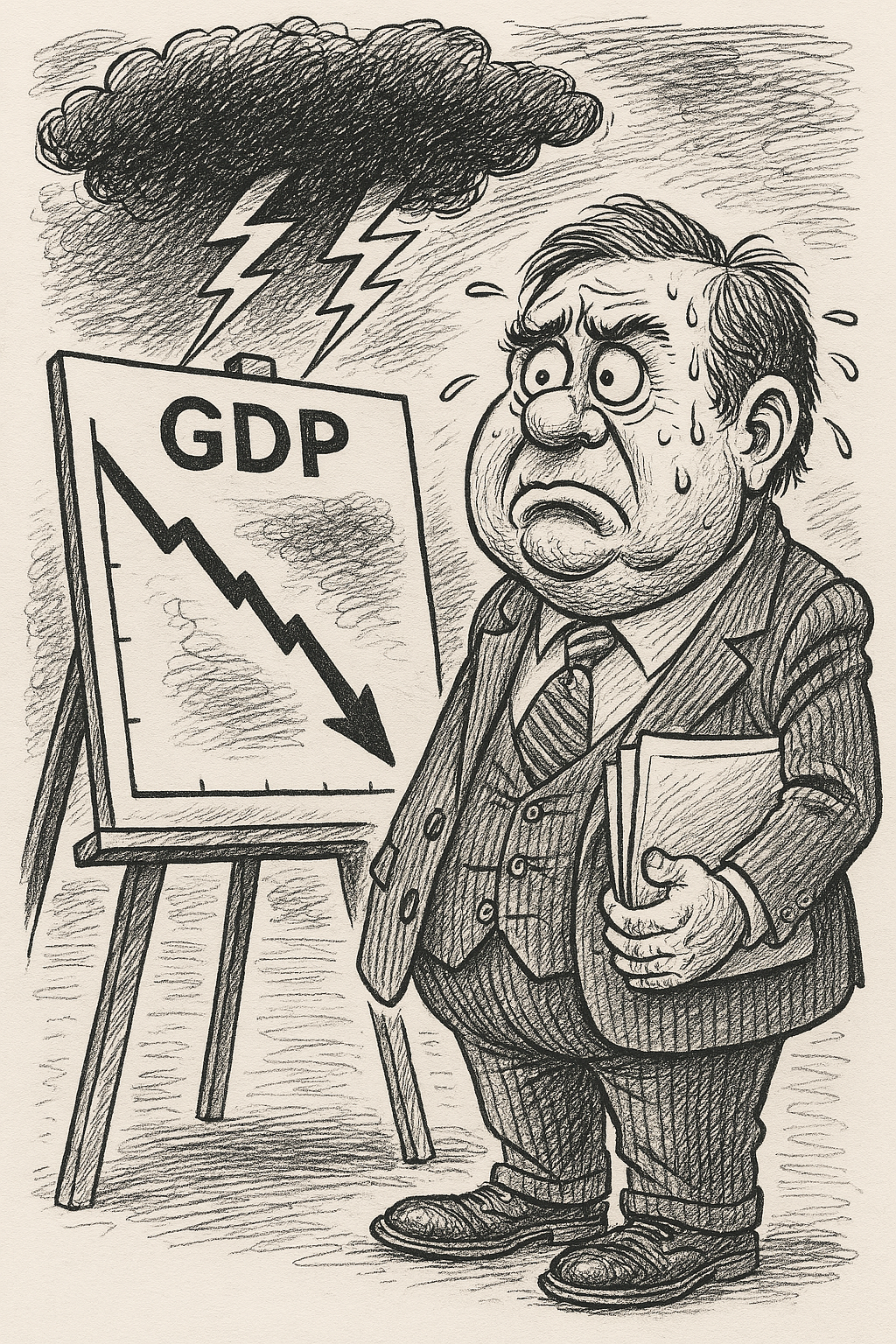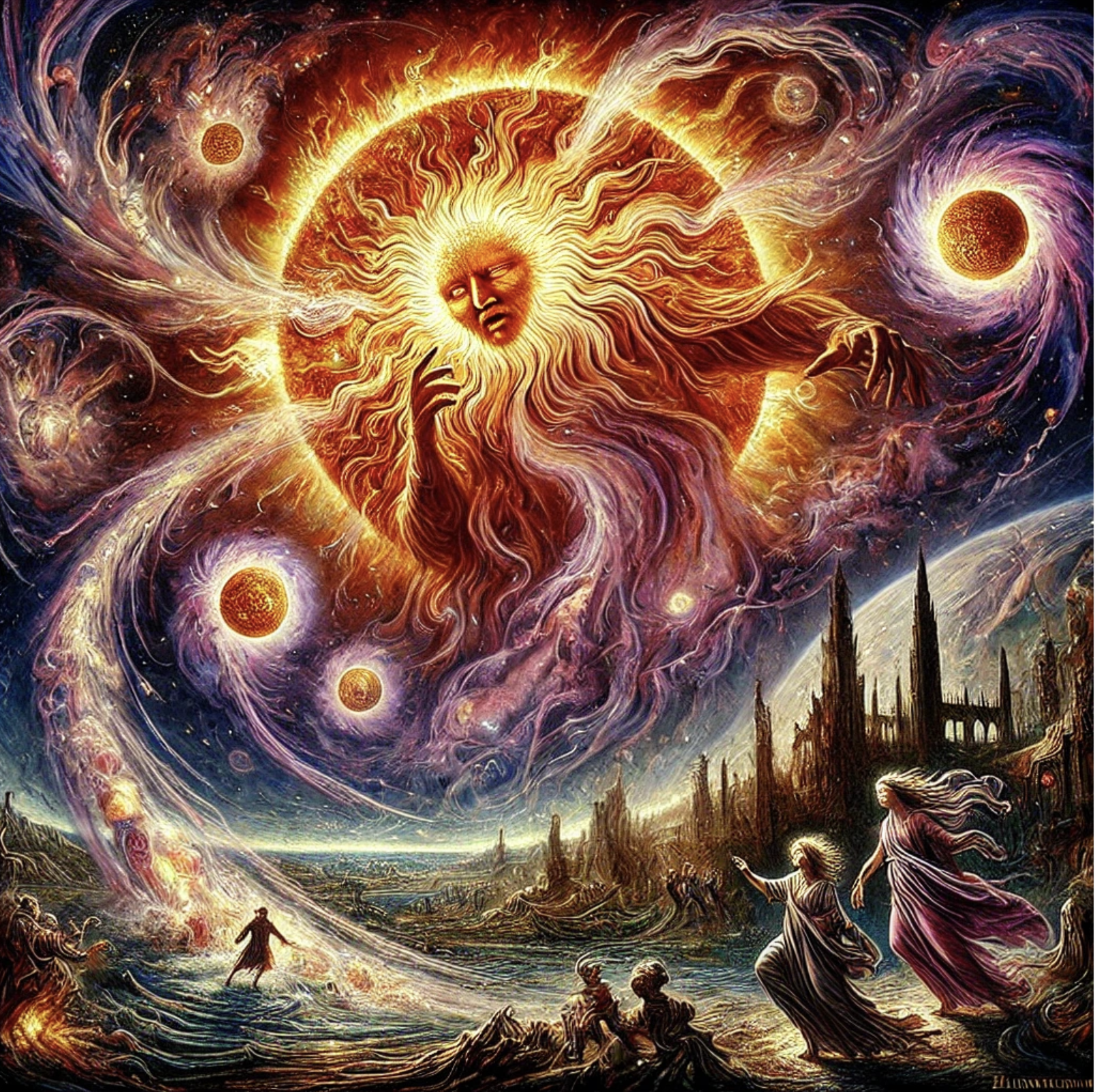
In what experts are calling a “catastrophic” loss of species, humanity has continued its award-winning streak of ruining everything it touches. According to the latest Living Planet Report by the World Wide Fund for Nature (WWF), global wildlife populations have shrunk by an average of 73% since 1970. But don’t worry—we still have TikTok videos and lab-grown meat to distract us.
The report reveals that unsustainable food systems, habitat destruction, and climate change have driven this mass extinction event. Apparently, bulldozing rainforests to grow soy for fast-food burgers wasn’t the recipe for ecological balance after all. Who knew? Scientists now warn we’re teetering on the edge of tipping points that could bring on a buffet of disasters: food shortages, megafires, biblical floods, and yes—brace yourself—plummeting avocado availability.
The good news? There’s still time to save the planet. The bad news? It requires governments, businesses, and people to act urgently. And as anyone who’s tried to organize a group text can tell you, humans are great at urgent collective action. (Spoiler: They aren’t.)
The WWF suggests transforming our energy, food, and financial systems to prevent further loss. In other words, no more burning down forests to make room for cow pastures. But given the global track record, it’s only a matter of time before someone suggests crypto-mining bees as the solution to biodiversity loss.
The report ends on an optimistic note, reminding us that the planet can still be saved—if we all pitch in right now. If we don’t, at least future generations will have front-row seats to Earth’s spectacular final season. Who needs lions and polar bears when we have NFTs of them?




